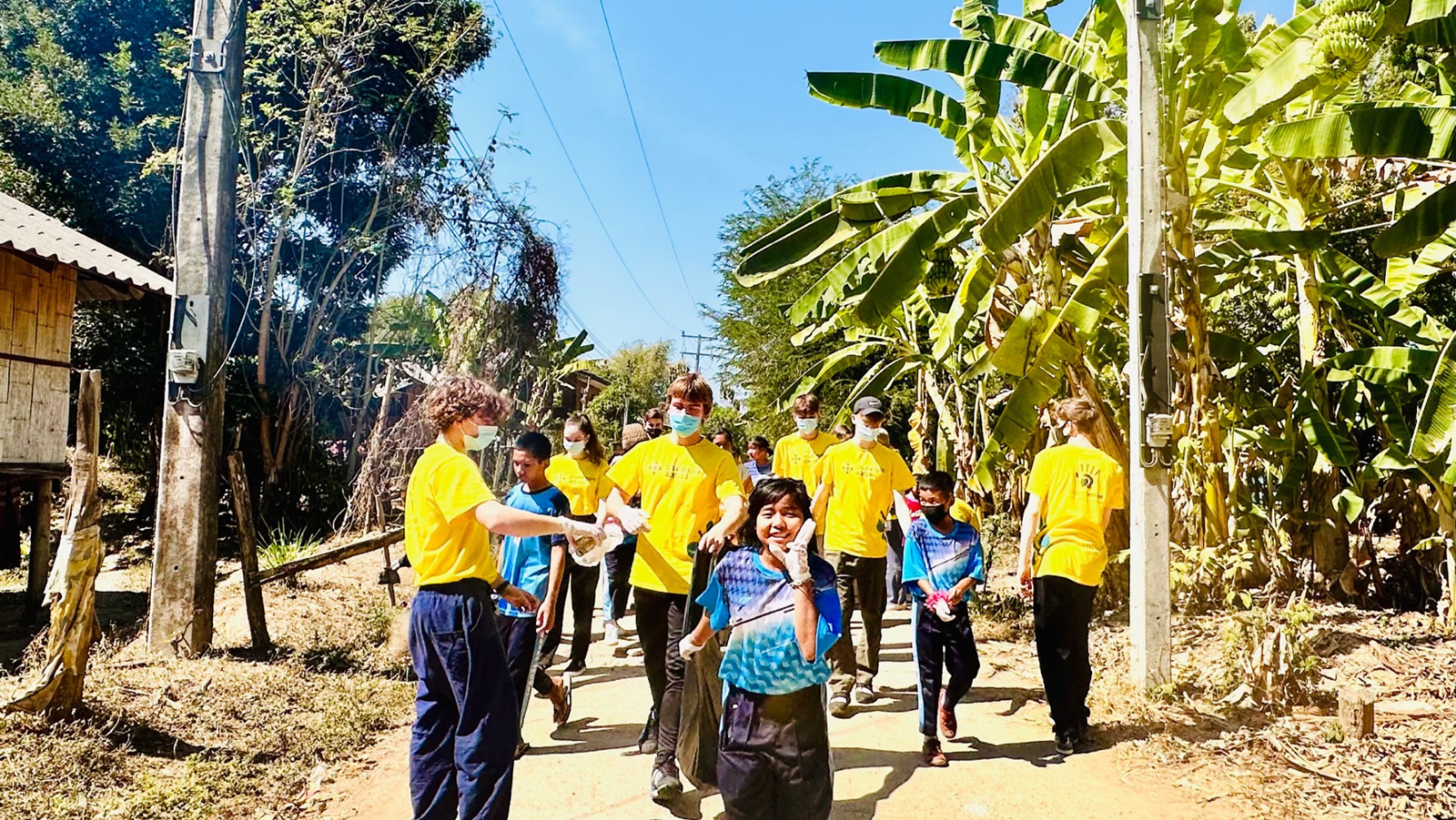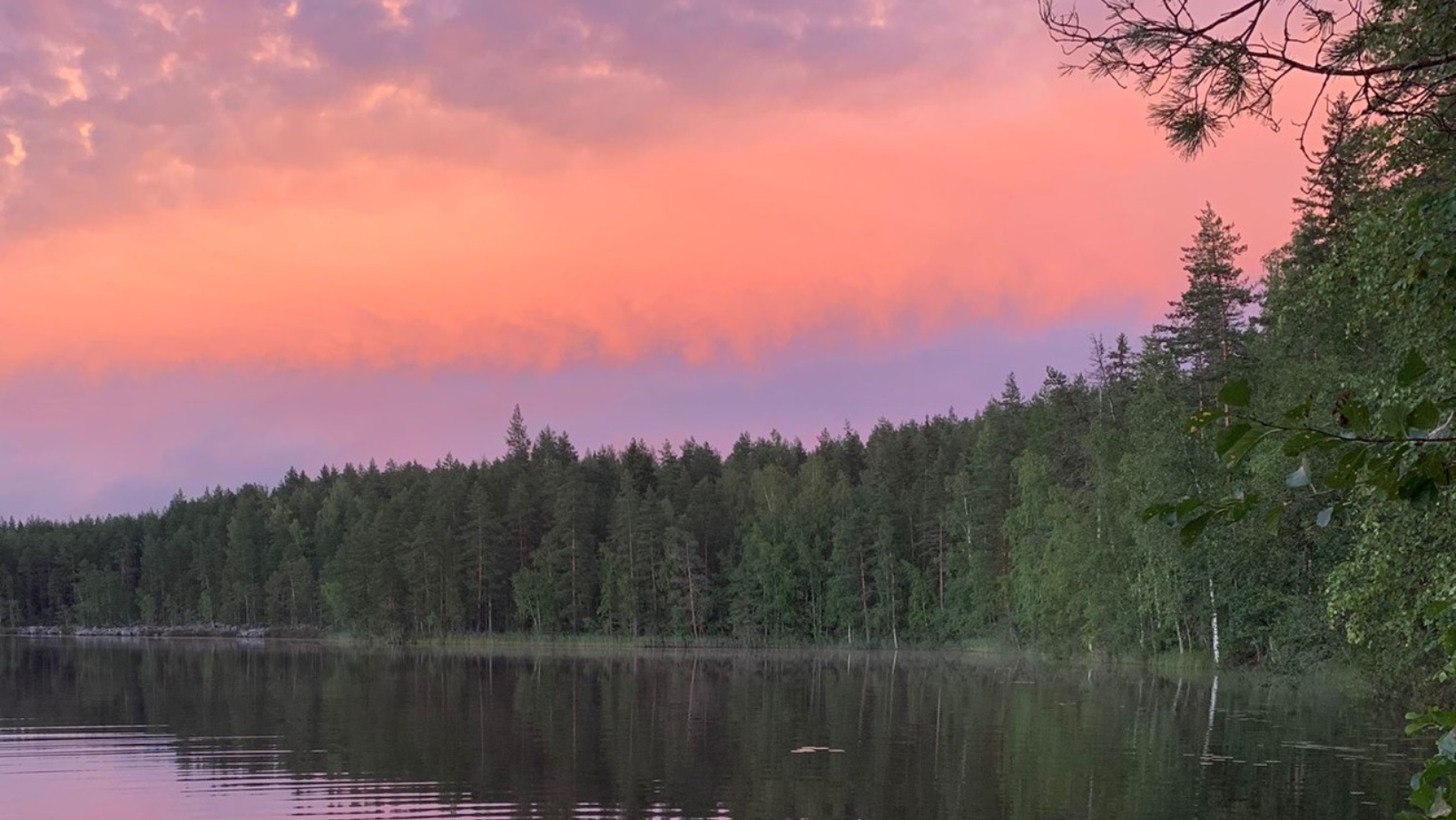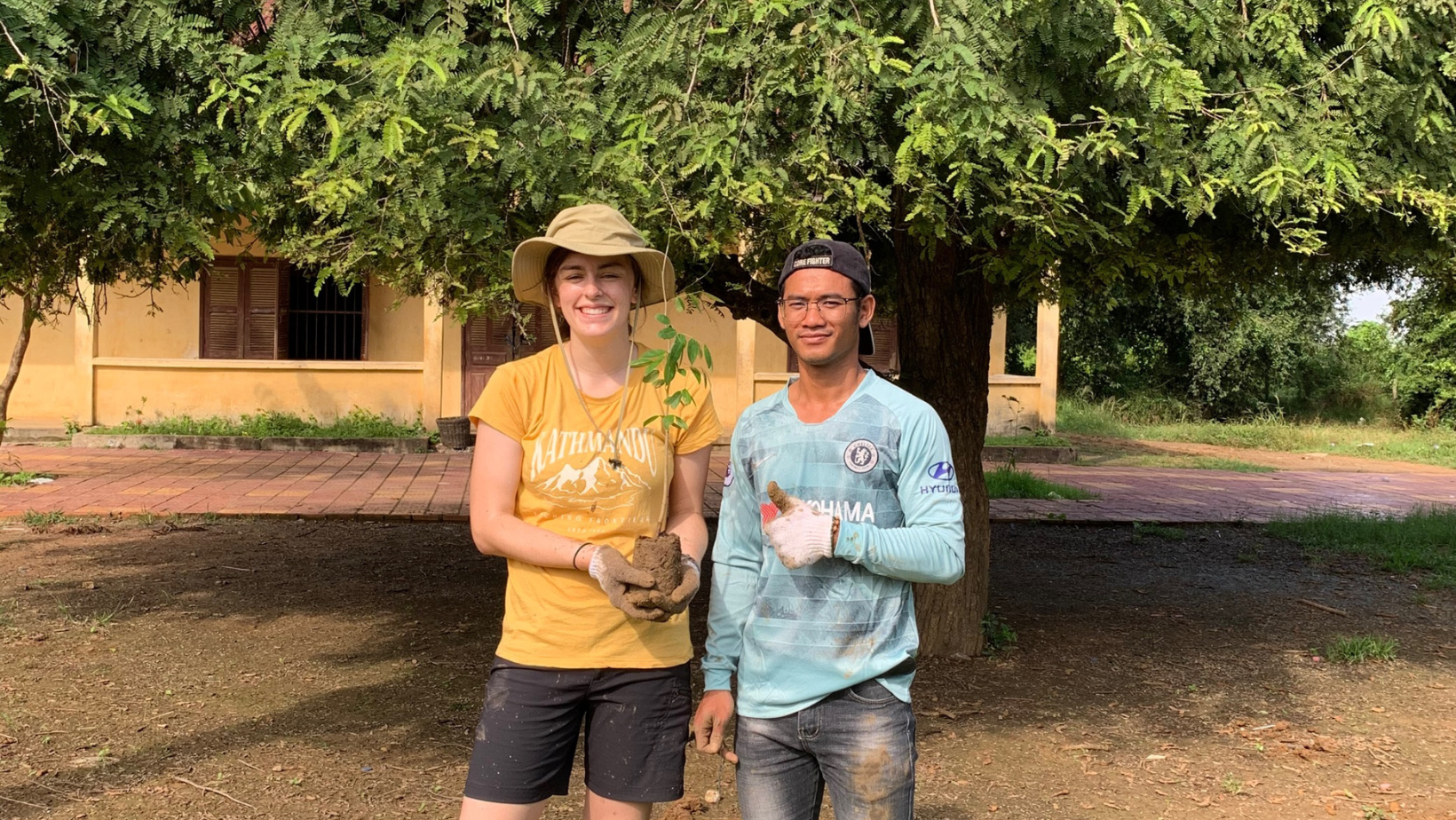#EarthHour #TimeOutForNature
We need to take time for our planet! Earth Hour was established by WWF in 2007 and since then, has developed into one of the world’s largest movements to protect our planet. With what started as a unified effort to switch off lights for an hour across the world, Earth Hour has now become an essential space for people to engage in global conversations about the effects of climate change and reflect on the necessity to protect our natural world. With a reach of over 190 countries, this is a movement that has and continues to inspire positive action towards shaping a bright and green future for everyone.

Our natural environment continues to degrade and be destroyed at an alarming rate across all corners of the world. It is estimated that a disturbing 200,000 trees are bulldozed in Australia every day – that's 8,000 trees EVERY HOUR, and it puts Australia among the 24 global deforestation fronts. Destroying vast amounts of forested areas is causing mass destruction of vital ecosystems, rapidly declining levels of biodiversity and degrading soil quality and function. It has therefore never been more crucial that we take responsibility, come together and act. Earth Hour 2023 is the perfect space to do so!
WWF-Australia has called upon all Australians this Earth Hour to, ‘switch off and reflect on the incredible benefits that nature provides for us. Be it planting a native tree in your backyard or adding a morning stroll in nature to your daily routine’. In participation of Earth Hour 2023, we wanted to spark a conversation amongst our Global Community of People Who Care about the effects of climate change and the importance of protecting forested areas and our planet as a whole. Trees are the lungs of our planet, and we are becoming more and more aware of their essential role in reversing the impacts of climate change. We, therefore, believe that in order to drive change and protect the natural world, it is vital to raise awareness and help others understand the effects that deforestation is having on our planet. The most prominent effect of deforestation is the impact on Climate Imbalance. Due to this process, there have been significant negative consequences on weather patterns, habitat survival and growth, animal protection, as well as soil quality and nutrients.
We can see the effects of this through:
- Increased Global Warming
Forests are a natural Carbon Sink and in their creation of oxygen for us, they absorb Carbon Dioxide from the atmosphere. It is no secret that as we continue to bulldoze forested areas at a disturbing pace, the remaining world population of trees is unable to balance carbon dioxide and oxygen levels. As a result of this we have seen an increase in Greenhouse Gase emissions, which is increasing the rate of Global Warming.
- Habitat Loss and Wildlife Extinction
Species are often pushed close to extinction or are completely wiped out altogether. Forests are some of the most diverse habitats across the world; home to numerous plant and animal species and we are creating a prominent threat to their survival through the process of deforestation. By decreasing the amount of habitat cover through the process of bulldozing large areas of land, we are showing ignorance to the other species that inhabit the Earth.
- Decline in Quality of Life
Not only do we depend on trees for oxygen to survive, but forests have become an essential resource in many livelihoods for small-scale agriculture, natural medicines and hunter-gathering cultures. Deforestation not only disrupts these traditional processes, but it also displaces communities and causes conflict through forced migration.
- Food Insecurity
So much land is cleared for agricultural processes, whether it be for growing fruit and vegetable produce or expanding space for livestock. However, mass deforestation is greatly affecting the quality of the soil and the increase in soil erosion is affecting the productivity of the land on which we grow and produce food. The more trees we destroy, the more risk of food insecurity in the future as crop failure and low yields increase.
- Biodiversity Decline
About 80% of the world’s biodiversity lives in tropical rainforests. Therefore, it is clear that conserving these areas is vital to preserving an enormous number of species. Every species plays its role within the ecosystem and creating an imbalance or wiping them out completely (as we continue to do) through the process of deforestation is having significant impacts on the Earth and its level of biodiversity.

The effects of Climate Change have never been so apparent. We are becoming ever more aware of events from across the globe through reports of natural disasters, extreme weather and population displacement. With awareness at an all-time high, we need to start thinking how we can turn this into action. It all starts with a thought and a conversation! This Earth Hour, we hope to inspire you to have these difficult conversations and in doing so, help you to develop a global mindset and feel empowered to become a changemaker. No action is too small:
- Consumption
As mentioned above, vast amounts of land are currently being cleared for livestock and their feed. This doesn’t necessarily mean that we all need to cut out animal products from our diet right this second, but we need to consider reducing the consumption of animal products as the impact this would have on our individual carbon footprint, as well as the effects on land use is huge. With the increasing number of nutritional alternatives to meat, cutting down by a couple of portions a week doesn’t seem like a massive sacrifice but would make a huge impact if we all came together to do so.
- Travel
We have spoken about a tree’s essential role in absorbing carbon dioxide from the atmosphere, but we need to think about our role in contributing to the emissions in the atmosphere. In order to limit this, have you thought about making changes to your daily routine? Perhaps there are times when you can get public transport, cycle or even walk rather than driving. For long-distance travel, there are now options available for you to balance your emissions (see our blog, Travel and Climate Change: Our Top Tips to Reduce Your Carbon Footprint).
- Tree Planting
We understand that to reduce the process of deforestation across the world, it will take government policies and restrictions. However, you can play your part in helping to re-forest the world by planting more trees. As part of our programs, our teams of Global Citizens participate in tree-planting activities as a way to both reduce their carbon emissions, and to regrow the natural environment of the countries in which we work. Of course, tree-planting doesn’t have to be limited to an overseas program; as mentioned above, Australia is among the top deforestation fronts! To make a change closer to home, you could do something as simple as planting a tree in your back garden or reach out to your community to organise tree-planting activities within the local area.

NOW is the moment to take #TimeOutForNature and start working together to protect and restore what we have lost.
If you participated in this year’s Earth Hour, let us know how by sharing your story with us on Instagram @challengesabroad #challengesabroadaustralia





